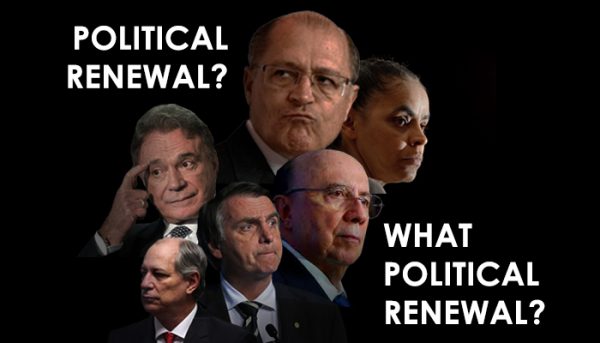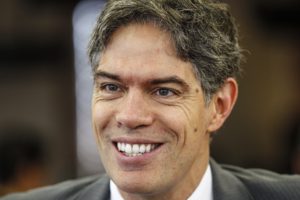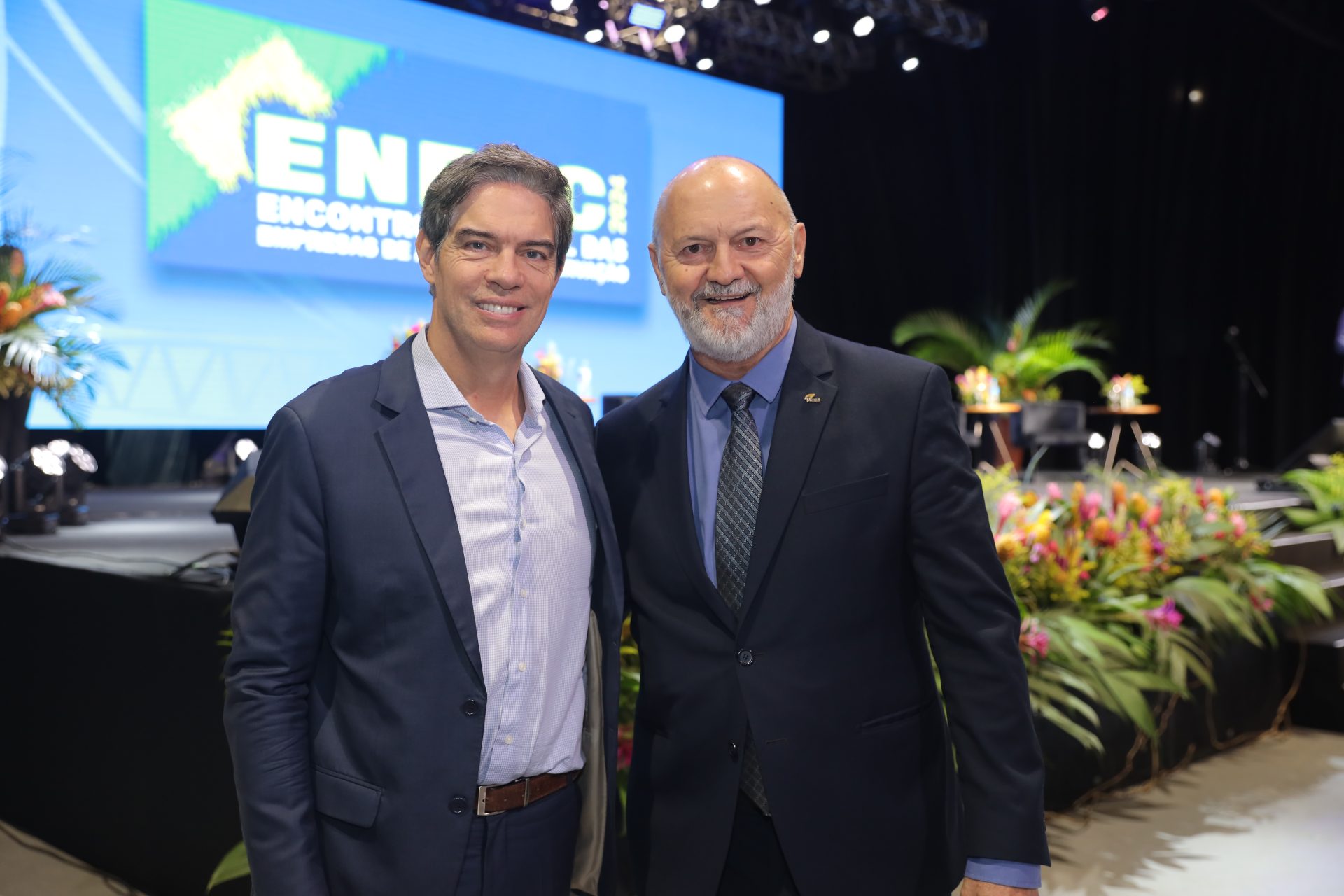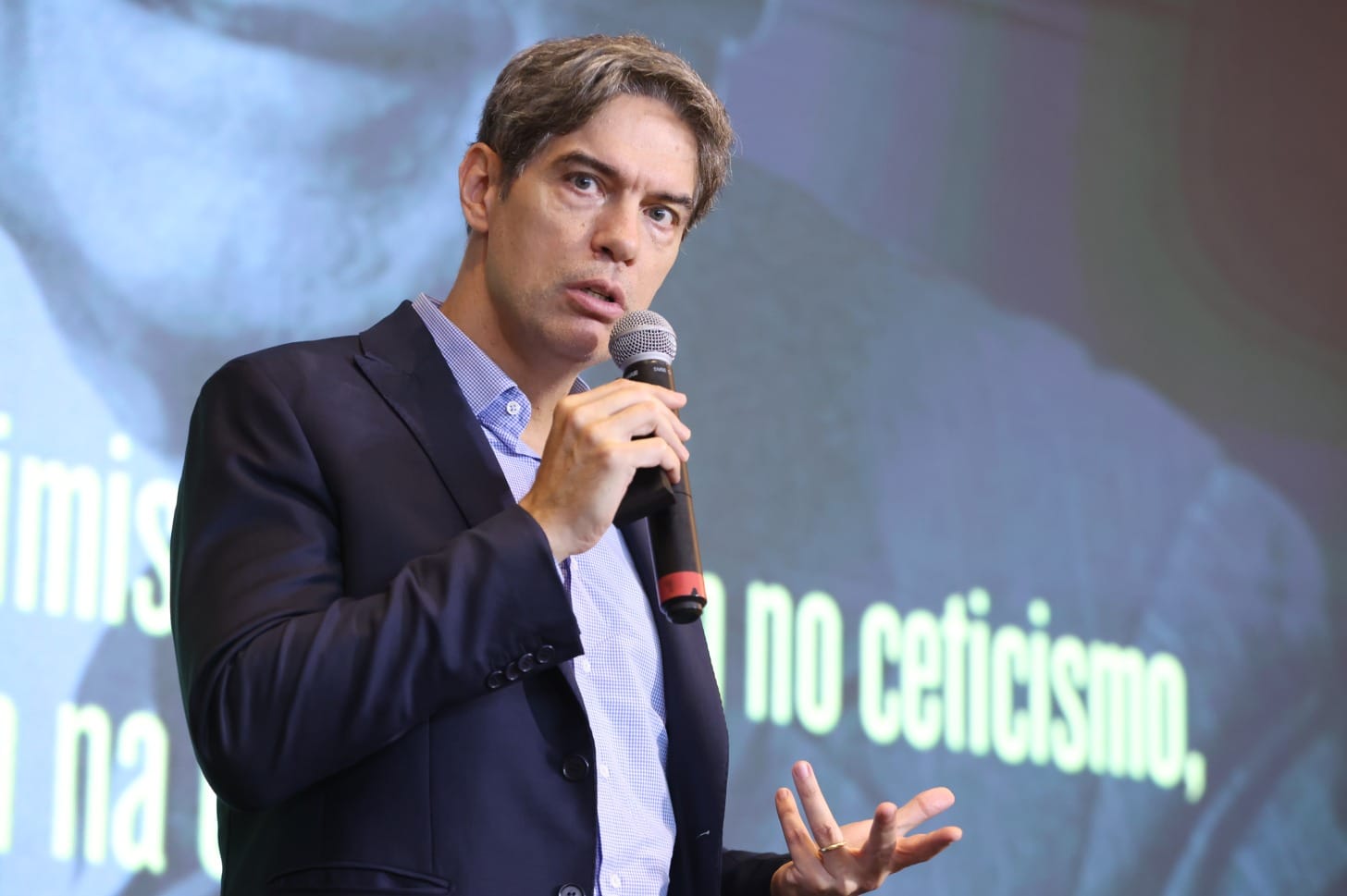08/2018
Ricardo Amorim

Aversion for the political class is a world phenomenon, these last times. All over the world elections are being won by candidates who were not politicians until recently and by recently created parties, as in the case of Donald Trump in the US, Macron and his “En Marche” in France and the Five Star Movement in Italy.
In Brazil, living its greatest economic crisis in History and endless corruption scandals, trust in politicians is the lowest among all 137 countries surveyed by the World Economic Forum.
All this might suggest that renewal in the coming elections – for President, governors, senators and representatives – should be huge. Apparently, though, the opposite seems to be the case.
A study carried out last December by the Intersyndical Parliamentary Assistance Department (DIAP) projects a low rate of renewal in Congress, probably less than the average 49% of the last five elections. No shortage of reasons for that. To begin with, the number of federal representatives trying to be re-elected is an all-time record. Nine out of every ten federal representatives will run for re-election for a simple reason: to maintain their “privileged Court rights” to reduce the probability that they be arrested on charges of corruption. Besides, the campaign will be shorter – just 45 days – making it more difficult for new candidates to become known, which increases the weight of the existing politicians already holding a mandate. Finally, congressmen running for re-election always had more bargaining power in the negotiations with political parties for time on TV plus access to more money from the official “electoral fund” that they created themselves to finance their candidacies.
The situation is not different at State level: sixteen Governors shall run for re-election, the largest number since 2006.
Still, maybe the most impressive phenomenon is the lack of renewal in Presidential candidates. Of the 13 registered candidacies, only one – that of João Amoêdo, of the recently created Partido NOVO (New Party) is not of an old-time politician acting in Brazilian politics for decades. There is such a lack of renewal that many people consider as new a federal representative in his seventh mandate who has 3 sons in politics.
The obvious conclusion is that the efforts by the political class to perpetuate themselves in power have every chance to be successful. In case you don’t want that to happen, research, look for alternatives, use the power of your vote. If you don’t do it now, the next chance will be in 4 years.
Ricardo Amorim is the author of the best-seller After the Storm, a host of Manhattan Connection at Globonews, the most influential economist in Brazil according to Forbes Magazine, the most influential Brazilian on LinkedIn, the only Brazilian among the best world lecturers at Speakers Corner and the winner of the “Most Admired in the Economy, Business and Finance Press”.
Click here and view Ricardo’s lectures.
Follow me on: Facebook, Twitter, YouTube, Instagram e Medium.
Translation: Simone Montgomery Troula




